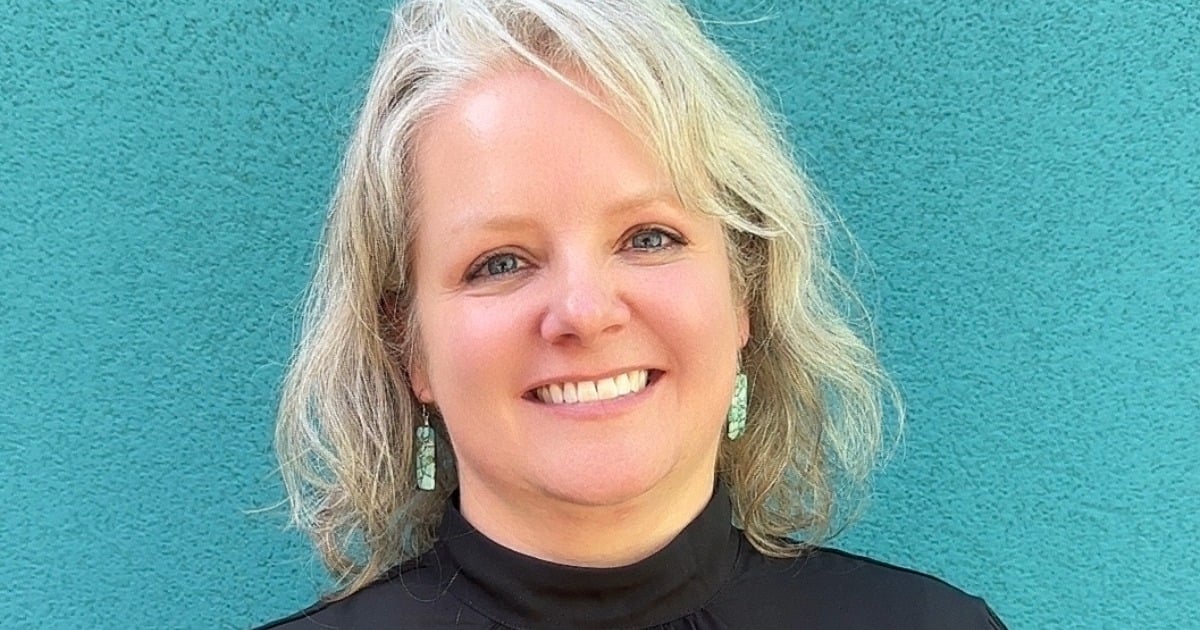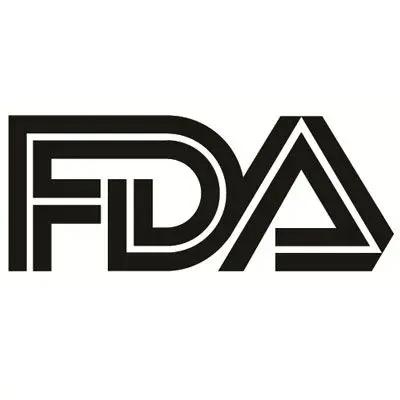Colorectal cancer screenings remain critical for early detection, yet many eligible individuals in Florida fall short of recommended guidelines. Currently, only 65.5% of Floridians aged 45 and older are up to date on screenings. This gap is concerning, especially given that colorectal cancer has a 91% five-year survival rate when caught early. As awareness grows around new screening options, there is hope for improved detection rates and better outcomes.
The significance of early screening cannot be overstated. Colorectal cancer is one of the leading causes of cancer-related deaths, particularly when diagnosed at an advanced stage. In Florida, there has been a noted increase in advanced-stage cases, with approximately 60% of low-income or Medicaid adults not receiving timely screenings. This statistic highlights a troubling disparity in healthcare access and awareness, particularly among vulnerable populations.
Despite the importance of screening, many individuals perceive traditional methods, such as colonoscopies, as uncomfortable and invasive. The prep work required for a colonoscopy often deters people from scheduling the procedure, while stool-based tests can induce anxiety due to their nature. These factors contribute to the nationwide screening gap, impacting communities across Florida.
Fortunately, advancements in screening technologies are offering new hope. The Shield test, the first FDA-approved blood test for primary colorectal cancer, represents a significant step forward. This non-invasive option allows patients to undergo screening with a simple blood draw during a regular doctor’s visit, reducing the barriers associated with traditional methods.
Ute Harshbarger, a travel agent from Davenport, recently shared her experience with the Shield test. After discussing her options with her doctor, she opted for the blood test, which she described as quick and straightforward. “There was no special prep or time-consuming process,” she noted. Her experience left her feeling relieved and empowered, allowing her to focus on her passions, such as planning family trips to Disney and exploring new destinations.
Prioritizing health through regular screenings is essential for maintaining quality of life. For Harshbarger, screening is not merely a checkbox on a to-do list; it represents an opportunity to catch potential health issues early, when they are most treatable. She emphasizes the importance of having open conversations with healthcare providers about available screening methods.
As Florida continues to grapple with colorectal cancer rates, the introduction of more accessible screening options could transform the landscape of early detection. Individuals are encouraged to take proactive steps toward their health by discussing these innovative methods with their doctors. By doing so, they can safeguard their futures and continue to enjoy meaningful moments with loved ones.







